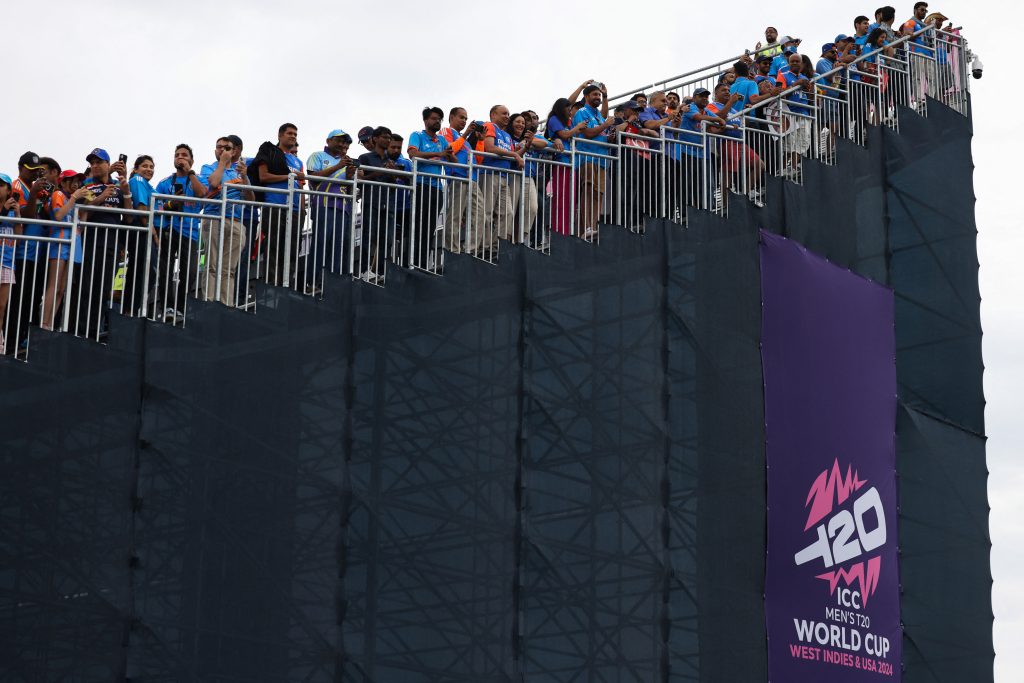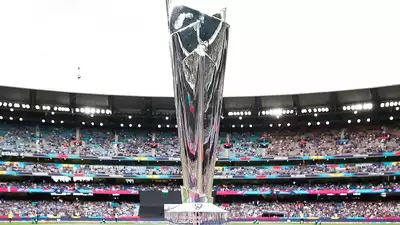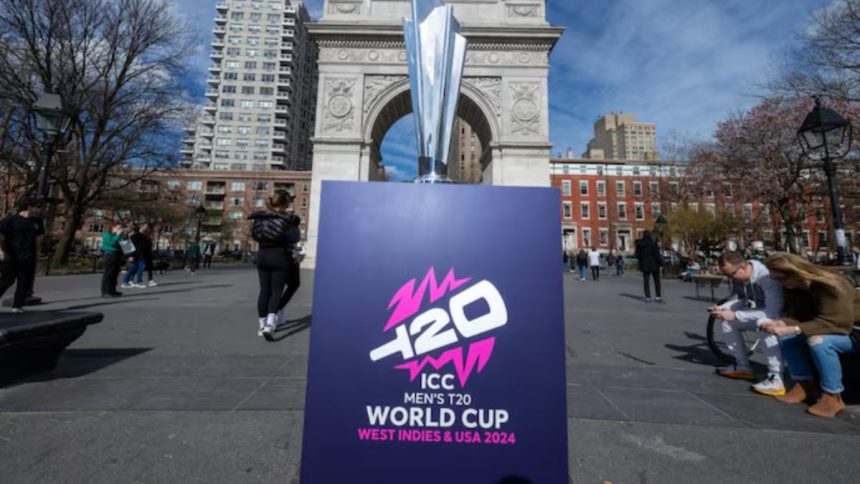ICC Urges Boards to Pay Outstanding T20 World Cup Prize Money Amid Reports of Intimidation
The International Cricket Council (ICC) is reportedly in discussions with several national cricket boards over the issue of unpaid prize money from the 2023 T20 World Cup, sources told Reuters on Thursday.
The tournament, which was held in June and jointly hosted by the United States and the West Indies, saw India triumph over South Africa in the final to claim the trophy. However, months after the event, many players have yet to receive their full winnings, prompting the ICC to intervene and address the situation.
The World Cricketers’ Association (WCA), the global body representing professional players, recently voiced strong concerns over the delay in payments.
In a statement released on Wednesday, the WCA highlighted cases where players have faced “threatening and intimidatory behavior” from some national governing bodies for seeking their rightful earnings. This troubling revelation underscores a significant problem in international cricket, where players in some regions still struggle to secure financial security and fair treatment.
Tom Moffat, the CEO of the WCA, emphasized the importance of the ICC’s role in resolving these disputes. “We are extremely concerned,” Moffat said, referring to the threats reportedly made against players advocating for themselves and their colleagues.

He acknowledged the ICC’s commitment thus far, saying, “We appreciate the ICC’s efforts to ensure that players are paid in full and believe they will continue to enforce compliance from any boards that fail to meet their obligations.”
Sources report that the ICC has engaged directly with five of the 20 participating cricket boards to ensure the timely payment of outstanding prize money.
READ ALSO: UEFA Joins PGMOL and FA in Investigating English Referee David Coote
The ICC’s involvement highlights the seriousness with which the governing body views the issue of player remuneration, as well as its commitment to upholding fair treatment within the sport. Given the global nature of the T20 World Cup, timely payments are a crucial aspect of maintaining integrity and trust in international cricket.
The ICC’s conversations with these boards aim to expedite the payment process, ensuring players are compensated in full for their participation in one of the sport’s most celebrated tournaments. Although the specific boards have not been named, the ICC’s stance sends a clear message to all member countries about the importance of fulfilling financial commitments to players.
Alongside advocating for fair compensation, the WCA took another important step during its recent annual general meeting in Singapore. At this gathering, the WCA launched the Global Player Hardship Fund, a groundbreaking initiative designed to provide financial support for international players who are not protected by domestic support structures.
JP Van Wyk, head of welfare and education at the WCA, expressed optimism about the new fund’s impact. “We are certain it is going to assist those current and recently retired international cricketers who are presently unsupported and vulnerable,” he stated.
The fund aims to create a safety net for players, particularly those from countries where cricket infrastructure may be limited, leaving players exposed to financial challenges both during and after their careers.

Beyond financial concerns, the WCA’s statement also underscores the importance of providing players with a safe environment. “Every player in our sport should receive the benefits they are entitled to in full,” Moffat noted. This includes not only financial compensation but also the ability to advocate for fair treatment without fear of reprisal.
READ ALSO:
EU Fines Meta €797 Million Over Alleged Antitrust Violations in Facebook Marketplace
The WCA believes that players should have the right to join associations that offer a collective voice in negotiating terms and conditions, ensuring they are treated with respect on and off the field.
The delayed payments and reports of intimidation serve as a reminder of the need for continued vigilance in upholding the rights and well-being of players. The ICC’s proactive stance, combined with the WCA’s advocacy efforts, could drive meaningful change in the treatment of professional cricketers worldwide.
As the ICC continues its talks with national boards, the outcome will likely set a precedent for future tournaments and player agreements. The cricketing world will be watching closely, hopeful that this issue will be resolved in a manner that respects players’ rights and reinforces the values of fairness and integrity within the sport.

